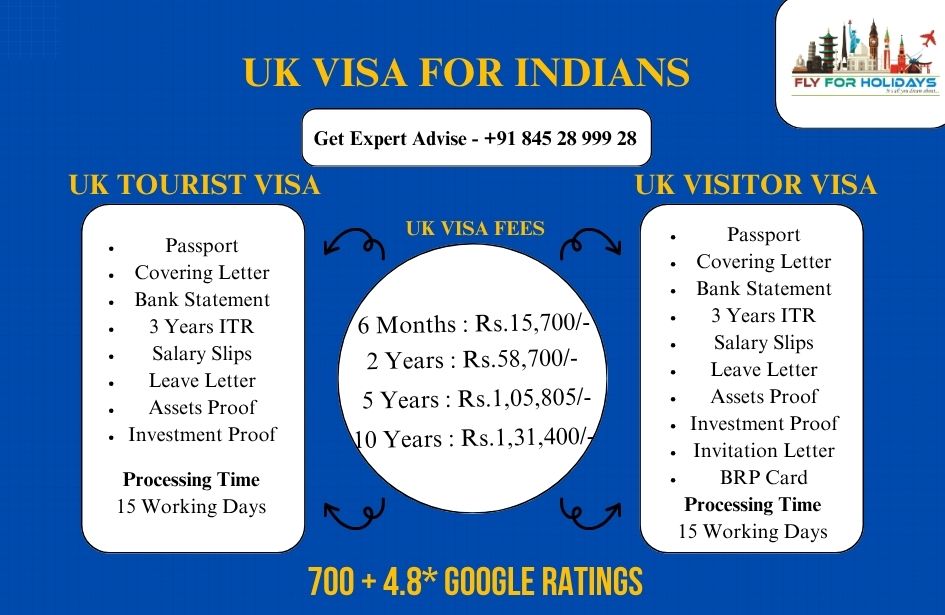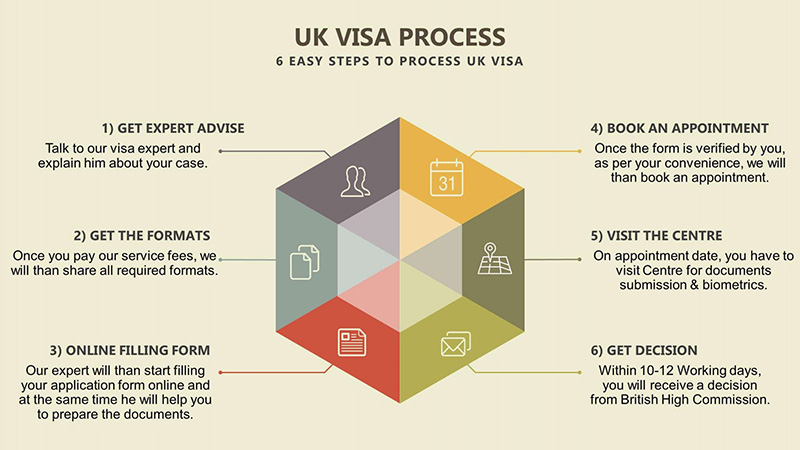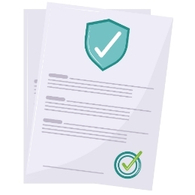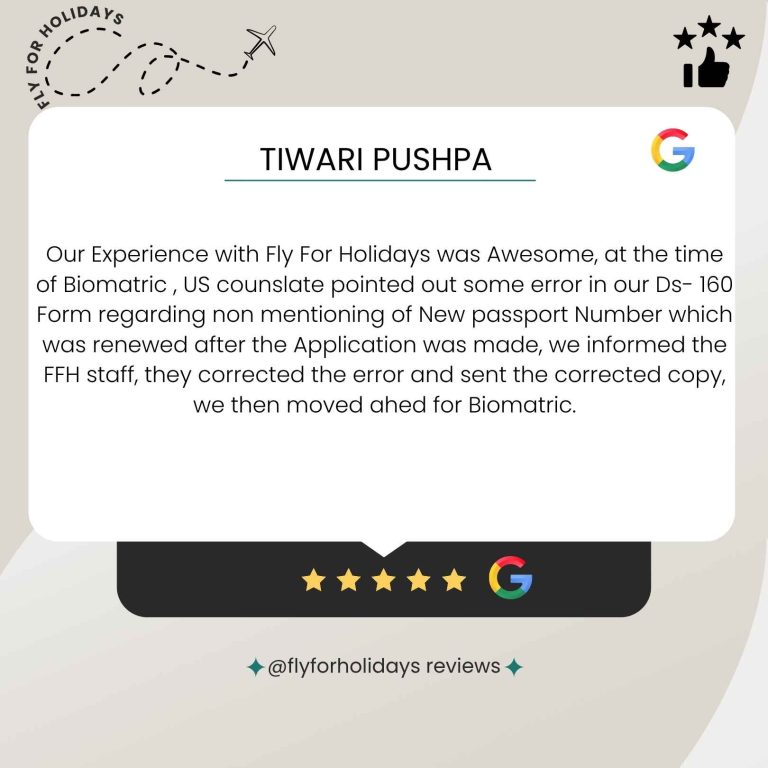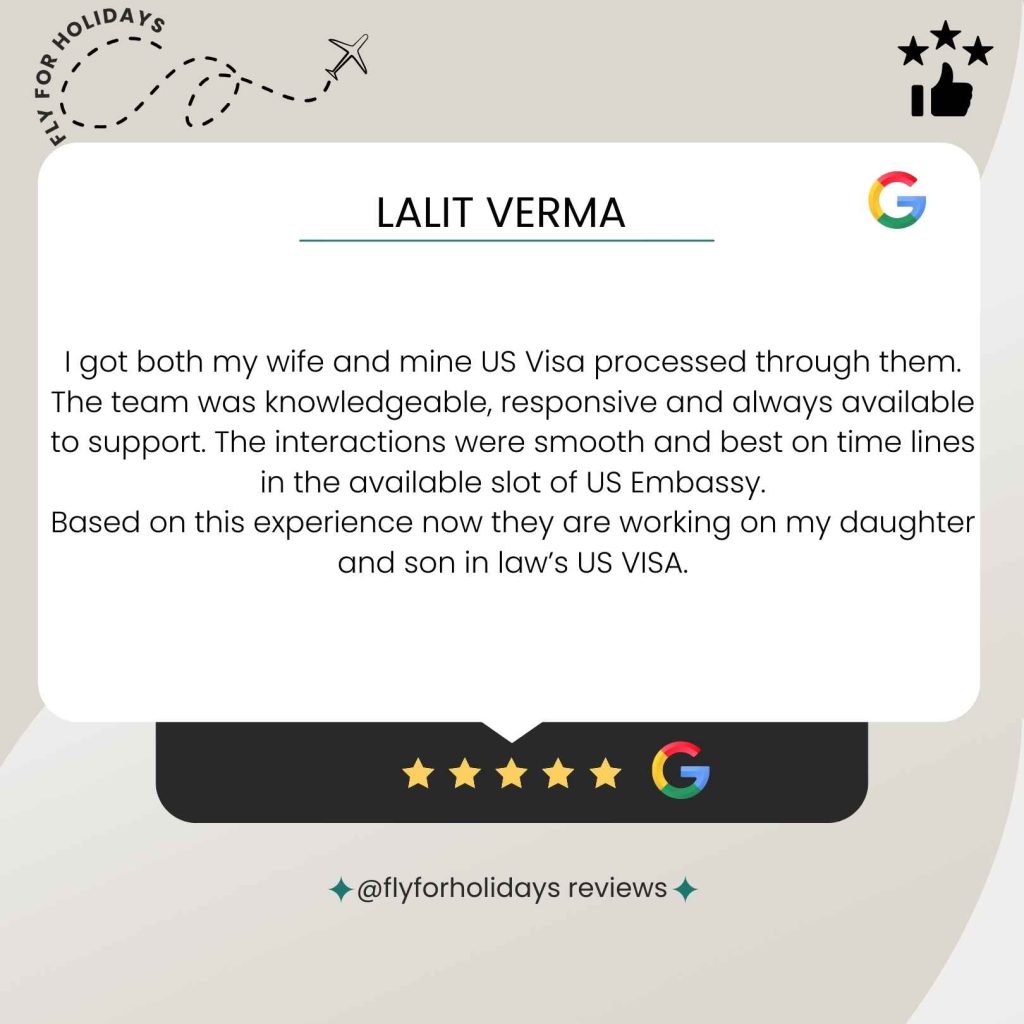What are the main categories of UK visas?
UK visas are divided mainly into visitor visas, work visas, student visas, and family visas. Each category is designed to suit specific travel purposes like tourism, employment, education, or joining family members. Choosing the right category is crucial for a successful application.
How do I know which visa category I should apply for?
Your purpose of travel determines the visa type. If you want to study, apply for a student visa; for work, choose a work visa. The UK government website has tools to help you identify the correct category.
Is there a visa for temporary work and another for permanent work?
Yes, temporary work visas are for short-term jobs like seasonal work, while permanent work visas are for longer stays tied to a job offer. The conditions and duration vary accordingly.
Can I switch visa categories after arriving in the UK?
Switching is possible in some cases but often requires a new application and meeting different criteria. It’s important to check eligibility before attempting to change your visa type while in the UK.
What visas are available for entrepreneurs or business people?
The UK offers visas like the Innovator or Start-up visa designed for entrepreneurs to establish or run businesses. These require endorsement from an approved organization.
Are there special visas for highly skilled professionals?
Yes, the Skilled Worker visa targets individuals with special skills in fields like technology, medicine, and engineering. Applicants need a job offer from a UK employer.
What visa should I apply for to join family living in the UK?
Family visas allow spouses, partners, children, or parents to join UK residents. Specific eligibility rules apply, including proof of relationship and financial requirements.
What is the Youth Mobility Scheme visa and who can apply?
This visa lets young people from certain countries live and work in the UK temporarily, usually for up to two years. It’s ideal for cultural exchange and gaining work experience.
What are visitor (tourist) visas and what restrictions do they have?
Visitor visas allow short stays for tourism, business meetings, or family visits, generally up to six months. They do not permit work or long-term study.
Are there visas for religious workers, athletes, or charity workers?
Yes, the UK offers specific visas tailored for religious workers, sportspeople, and charity volunteers. Each has unique eligibility and sponsorship requirements.
How many types of UK visa are there?
The UK offers several visa types based on purpose, including:
- Visitor visas (tourism, business)
- Work visas (Skilled Worker, Global Talent)
- Student visas, Family visas, Settlement visas, and Transit visas
Each category has sub-types depending on circumstances.
What is Type 1 visa in the UK?
"Type 1 visa" usually refers to the Tier 1 visa, which is now closed.
It was for highly skilled individuals, investors, or entrepreneurs.
Now replaced by routes like Global Talent and Innovator Founder visas.
No new Tier 1 applications are accepted.
Which is better, B1 or B2 visa?
B1 and B2 are US visa categories, not UK visas.
- B1 is for business visits (meetings, conferences).
- B2 is for tourism, family visits, or medical treatment.
Neither applies to UK visas; UK uses different visa names.
What is Tier 1, 2, 3, 4 in UK visa?
The UK’s old points-based system included:
- Tier 1: High-value migrants (now closed)
- Tier 2: Skilled workers with sponsorship (now Skilled Worker visa)
- Tier 3: Low-skilled workers (never implemented)
- Tier 4: Students (now Student visa)
The UK has since updated and renamed these categories.


